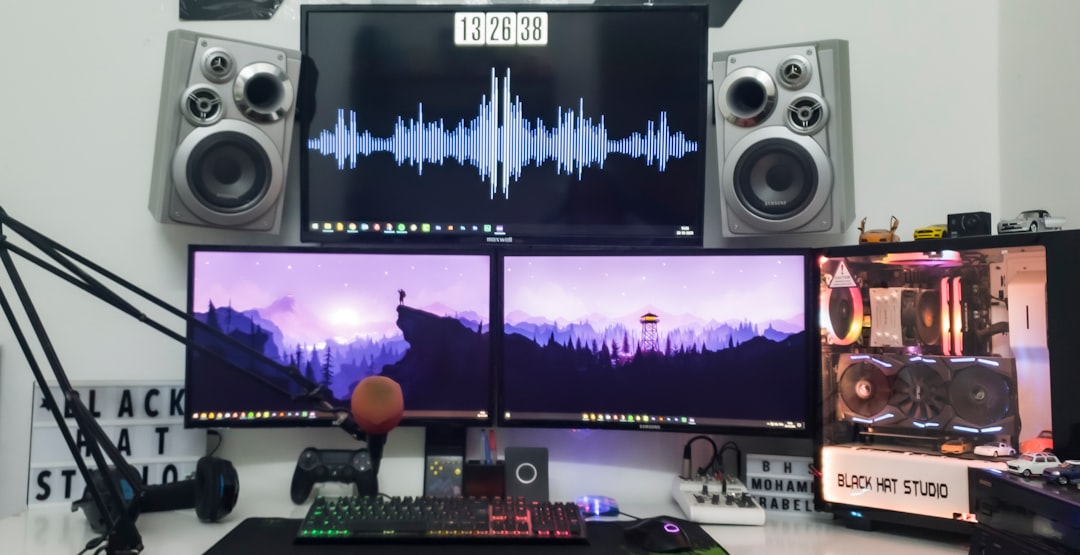In an increasingly digital business environment, the need to capture accurate records of meetings has never been greater. Traditional manual transcription methods can be time-consuming, and often lack the efficiency modern organizations demand. This has led to a rise in the adoption of Artificial Intelligence (AI) technologies to transcribe meetings in real-time or from recordings. But just how reliable is AI at handling this task?
AI-Powered Transcription: How It Works
AI transcription tools use speech recognition technology to convert spoken language into written text. These tools are trained using large datasets of audio and written transcripts, enabling them to learn patterns in language, accents, and speech dynamics.
Many AI transcription services come with features that go beyond translating spoken word to text. These include:
- Speaker identification: Detecting and labeling different speakers during a conversation.
- Timestamping: Marking specific times in the transcript to align with the audio.
- Real-time transcription: Providing transcriptions as the meeting is happening.
- Integration with conferencing platforms: Many tools seamlessly connect with Zoom, Microsoft Teams, and Google Meet.
Benefits of Using AI to Transcribe Meetings
Using AI for transcription offers multiple advantages:
- Efficiency and Speed: AI can transcribe an hour-long meeting in minutes, a significant time-saver for busy teams.
- Cost-Effective: Unlike human transcription services, AI tools often offer affordable pricing models, sometimes even free for limited usage.
- Enhanced Accessibility: AI-generated transcripts help hearing-impaired participants better access meeting content.
- Searchable Records: Having a written transcript allows teams to easily search for and reference past discussions.
Accuracy: Can AI Really Understand Everyone?
One of the main concerns with AI transcription is accuracy. While modern tools boast impressive accuracy rates—sometimes exceeding 90%—that number can vary depending on several factors:
- Audio quality: Background noise and muffled microphones can negatively impact transcription accuracy.
- Speaker clarity: Accents, speech impediments, or rapid speech can challenge even the most advanced AI models.
- Technical jargon: Industry-specific terminology may be misinterpreted if the AI has not been trained on that vocabulary.

That said, AI transcription technology is constantly improving. Major tech players like Google, Amazon, Microsoft, and startups alike are investing heavily in refining natural language processing (NLP) capabilities. As these models learn from more diverse speech samples, their ability to transcribe accurately continues to grow.
Top AI Transcription Tools in 2024
There are several AI-based transcription services available, including:
- Otter.ai: Known for real-time transcription and collaboration tools.
- Rev AI: Offers both AI and human transcription services for higher accuracy.
- Microsoft Teams: Integrated AI transcription for meetings within the Teams ecosystem.
- Trint: Combines transcription with powerful editing and search functionalities.
Conclusion
AI has proven itself capable of reliably transcribing meetings, offering an efficient and cost-effective alternative to manual note-taking. While not perfect, current tools provide impressive accuracy, especially in controlled environments. As AI continues to evolve, businesses can expect even greater enhancements in transcription capabilities, making it an indispensable asset in modern collaboration.
Frequently Asked Questions (FAQ)
-
Can AI transcribe meetings in real-time?
Yes, many AI tools can transcribe meetings in real-time using speech recognition technology. -
Is AI transcription accurate?
AI transcription can be highly accurate, especially with good audio quality and clear speech. However, accuracy may decrease with background noise or heavy accents. -
Are AI transcription services secure?
Reputable services use encryption and comply with data protection laws. However, users should verify the privacy policies of the tools they choose. -
Can AI recognize different speakers?
Yes, many tools offer speaker identification, assigning labels to different voices during a meeting. -
Which platforms support AI transcription?
Platforms like Zoom, Microsoft Teams, and Google Meet often have built-in transcription capabilities or integrate with third-party services.


